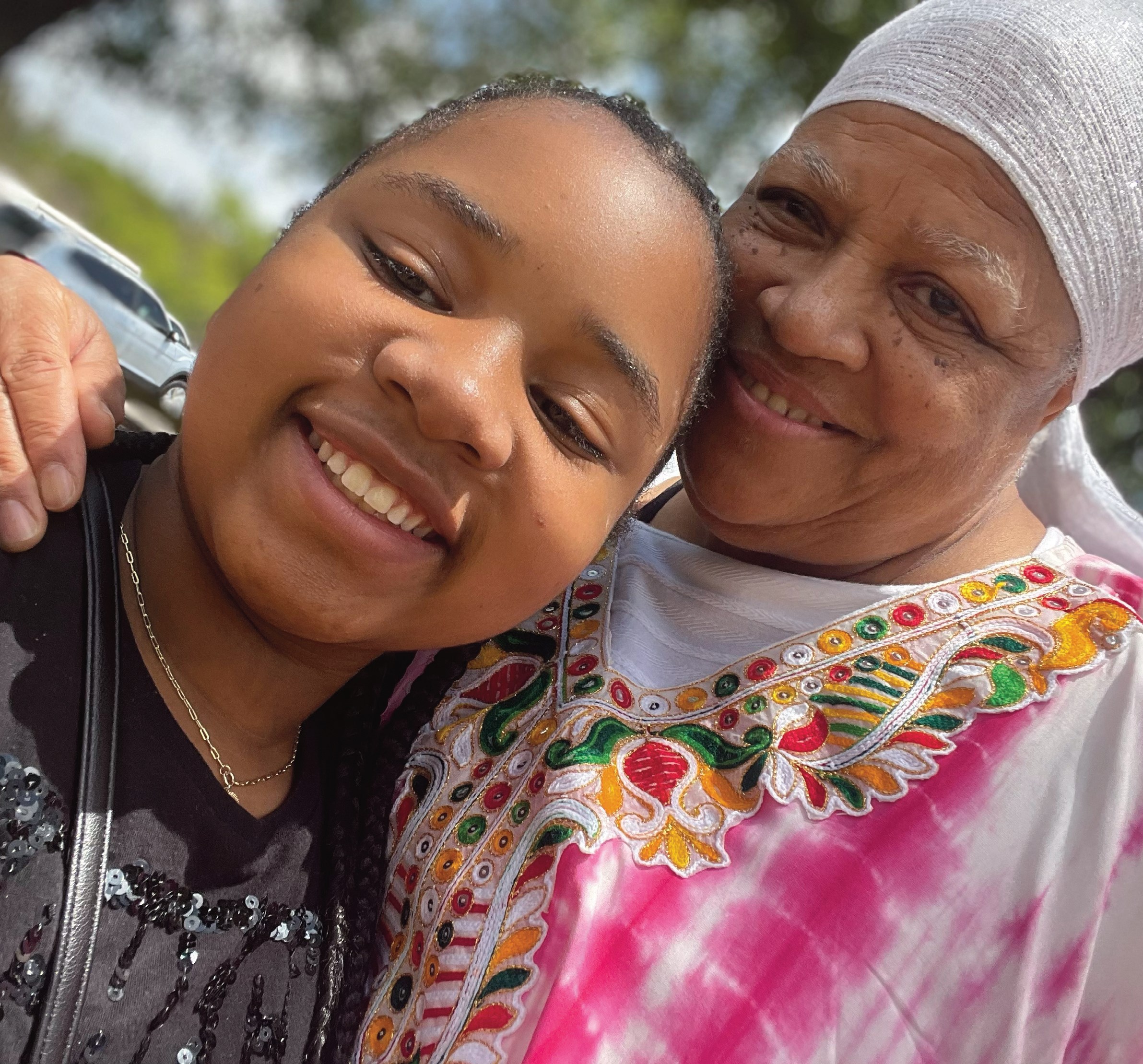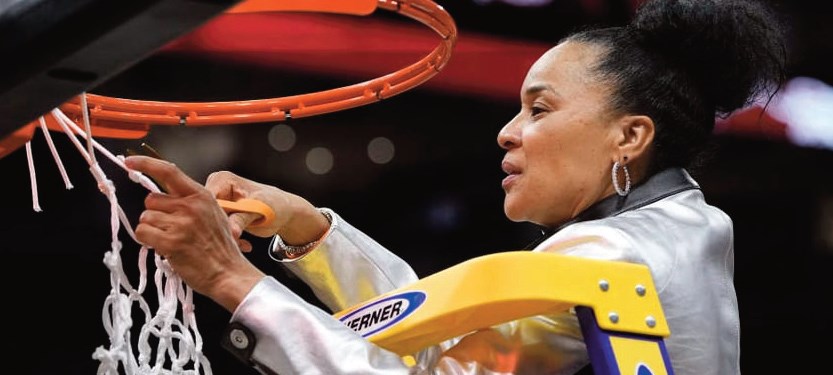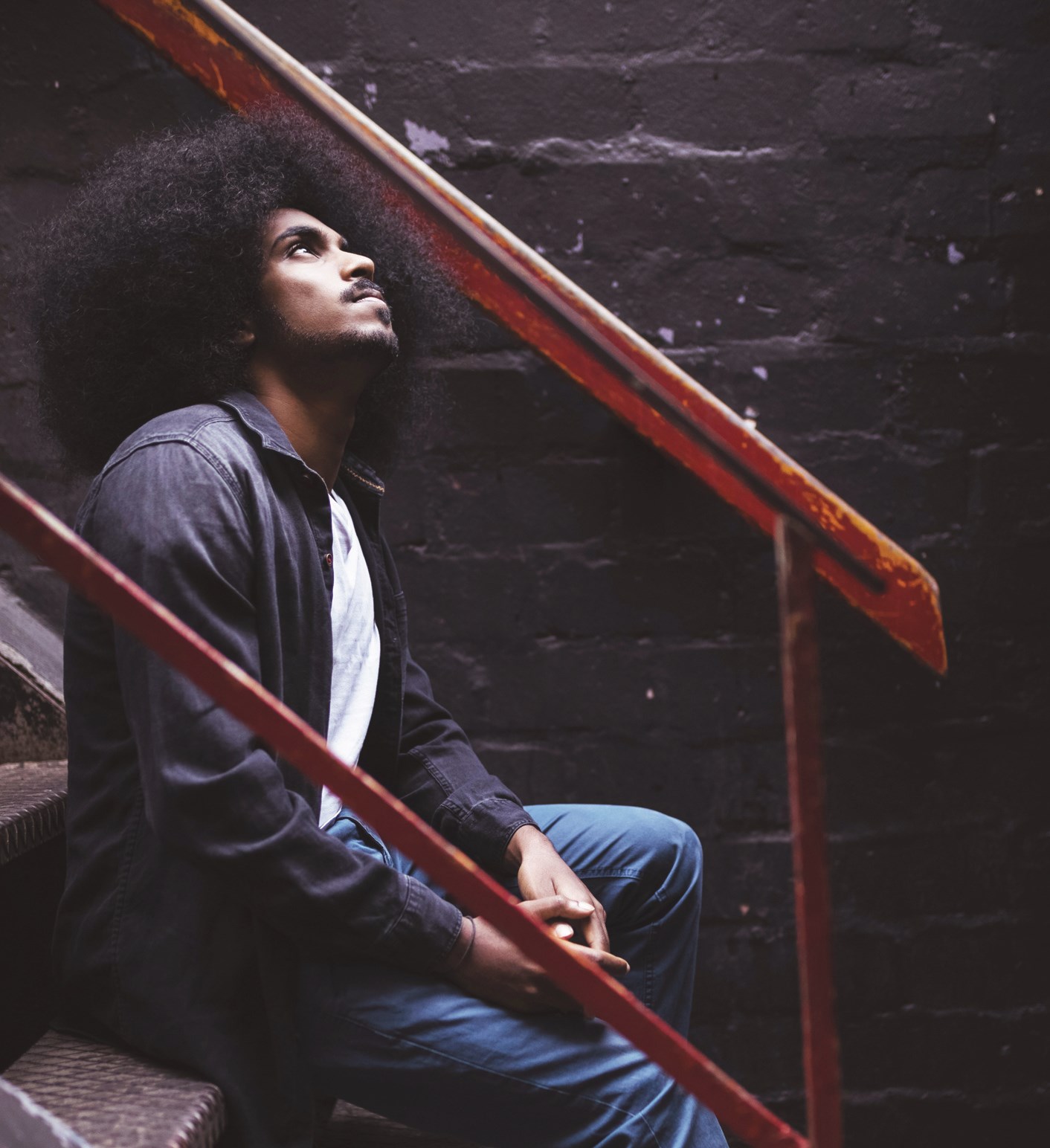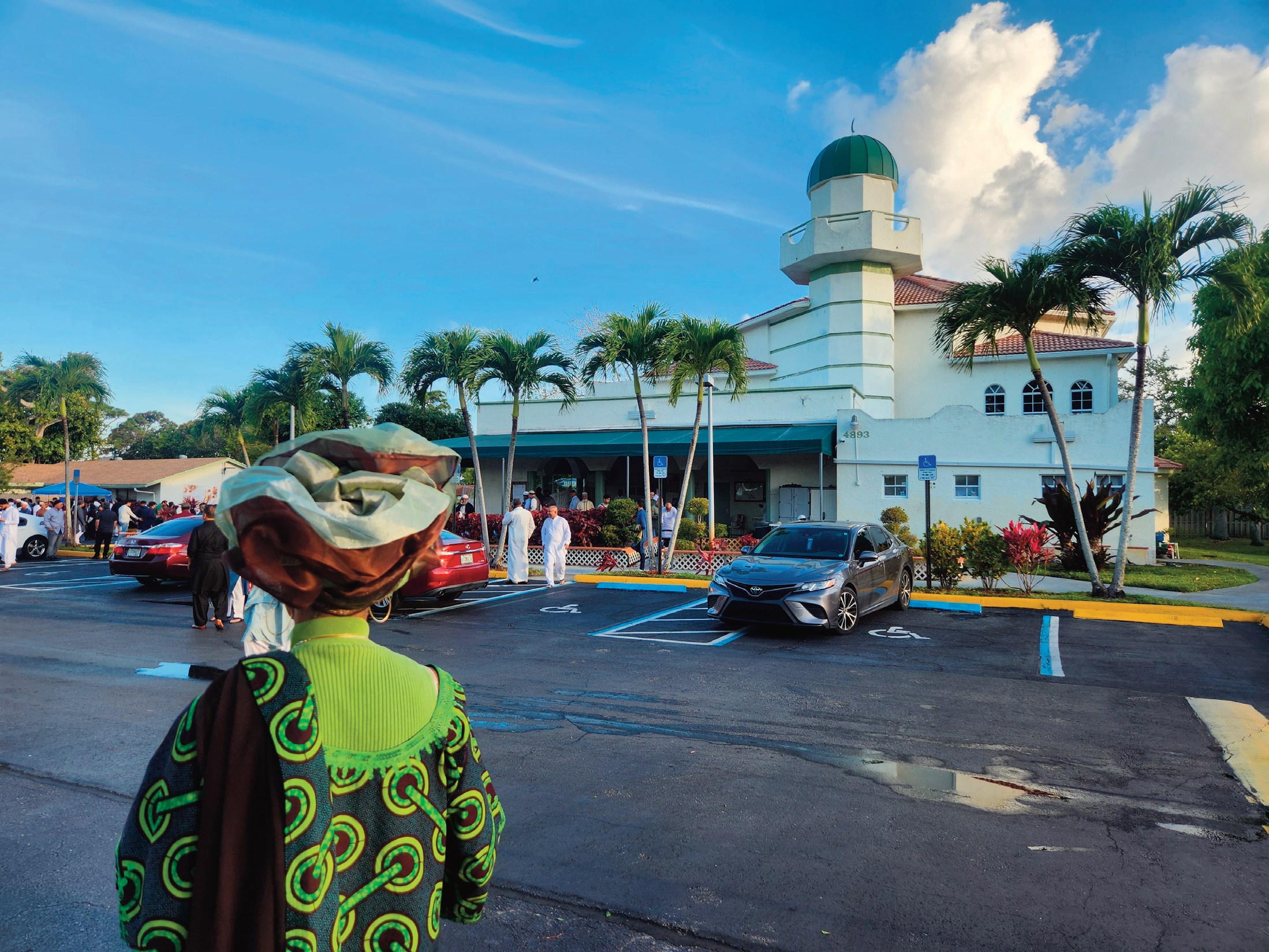 KEY WEST — The tiny St. James First Missionary Baptist Church in Bahama Village, its white, metal cross jutting into a robin’s egg-blue sky, has been home to African-American parishioners since 1867.
KEY WEST — The tiny St. James First Missionary Baptist Church in Bahama Village, its white, metal cross jutting into a robin’s egg-blue sky, has been home to African-American parishioners since 1867.
The cross atop the steeple entrance at 312 Olivia St. is rusted, but it still signifies spiritual well-being and fellowship to longtime members who can’t return until the church is made safe for them to enter.
"We’ve been holding services in the Douglass Gym on Sunday mornings,” said parishioner William Mitchell, who has attended St. James for 25 years. “We are hopeful we’ll be able to return to our church before too long.”
The holdup?
Workers had to stop repairs and renovation to the wood and concrete structure when they discovered that St. James’ 3,000-pound, cast-iron steeple bell was in danger of detaching from its mounts and crashing into the sanctuary, a construction company spokesman said.
“It was held up with ropes and two pieces of Dade County pine,” said Justin Robillard, company administrator for Concrete Solutions of the Florida Keys. “It’s not safe.”
The concrete company was hired after the church received $87,000 in Temporary Increment Financing from the city of Key West in 2012. Blighted communities can use property taxes collected by their cities to subsidize redevelopment, infrastructure, and other community improvement projects.
St. James and Cornish AME Memorial Church both have received TIF money, based on their historic role as black churches. Both churches were founded at the end of the Civil War when white churches in Key West, as was said at the time, “didn’t have enough pews” for black worshippers.
TEAR ROOF OFF
Concrete Solutions was replacing rotten timber and other wood and patching concrete walls and ceilings under that grant when it found the problem with the bell.
“We were chipping out the steeple tower and realized the thing could fall,” Robillard said. “We issued a change order and stopped work. They need to pay for a crane to lift the bell out, tear the roof off, and rebuild the framing so it’s strong enough to hold the bell.”
The church hasn’t been able to come up with the additional $200,000, said Rev. John McKenzie, who spoke with the South Florida Times by phone.
PATIENCE
“We haven’t got the money yet,” he said. “We are going to borrow the money to finish the work.”
McKenzie said he couldn’t give many details beyond that.
In the meantime, Mitchell said the church’s members are patient and look forward to when they can sit in their pews at St. James. Office furniture, the church’s neon sign, a drum set and other musical instruments, the altar’s podium and other items are piled in an adjacent hallway inside.
The rows of pews are covered in protective tarpaulins.
The altar itself is stripped all the way to the cinder block that makes up the inside back wall of the church.
As to comments in the community that the church backed out of its agreement or that the construction company walked off the job for nonpayment, neither is true, McKenzie and Robillard said.
COMEBACK
“It’s a matter of coming up with the money, which we’ll do,” McKenzie said. "There’s no bad blood,” Robillard said. “It’s not the pastor’s fault, no one needs to be thrown under the bus by anyone else.”
The church spent the $87,000 the city gave them on construction, as it promised.
But the work is more extensive than at first thought, said City Commissioner Clayton Lopez, who serves Bahama Village.
“It sounds like the entire situation is about unknown problems at the time the grant was awarded,” he said.
Mitchell, looking at photos of workers repairing the church, said parishioners are anxious for the work to be completed.
“We have about 150 parishioners on the rolls,” he said. "The number of those who attend regularly is smaller, but this has been our home for many, many years. “We will be back.”












No Comment